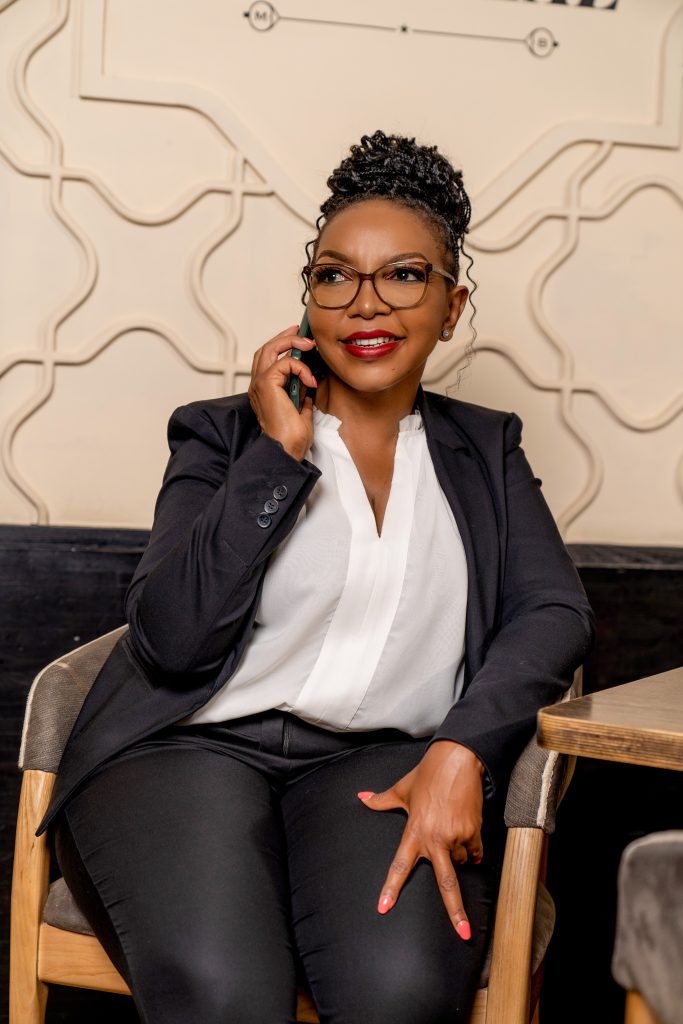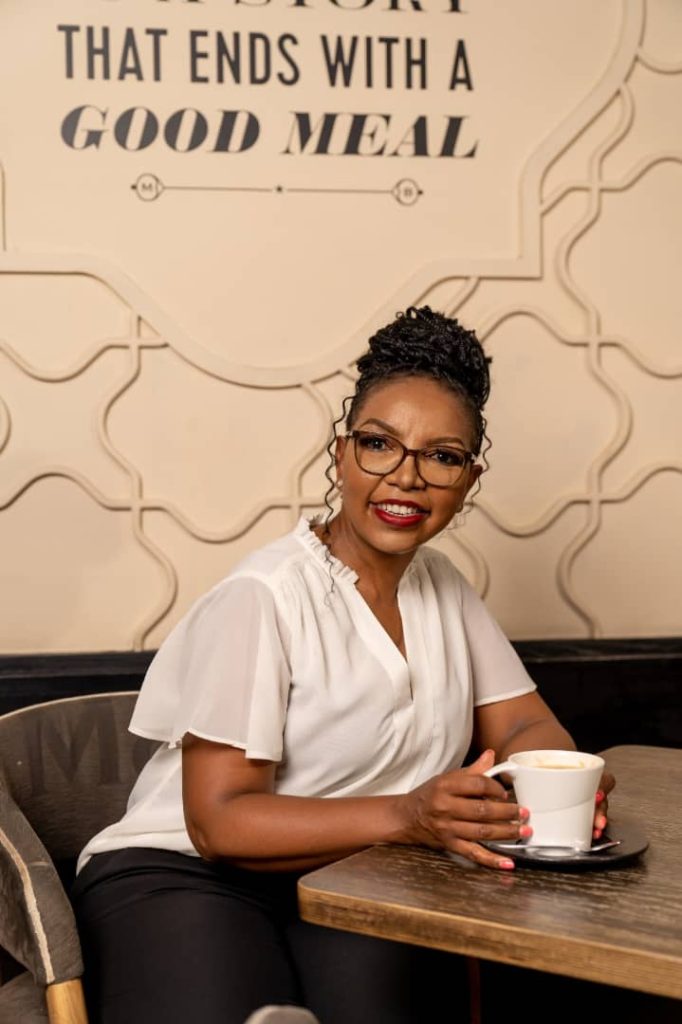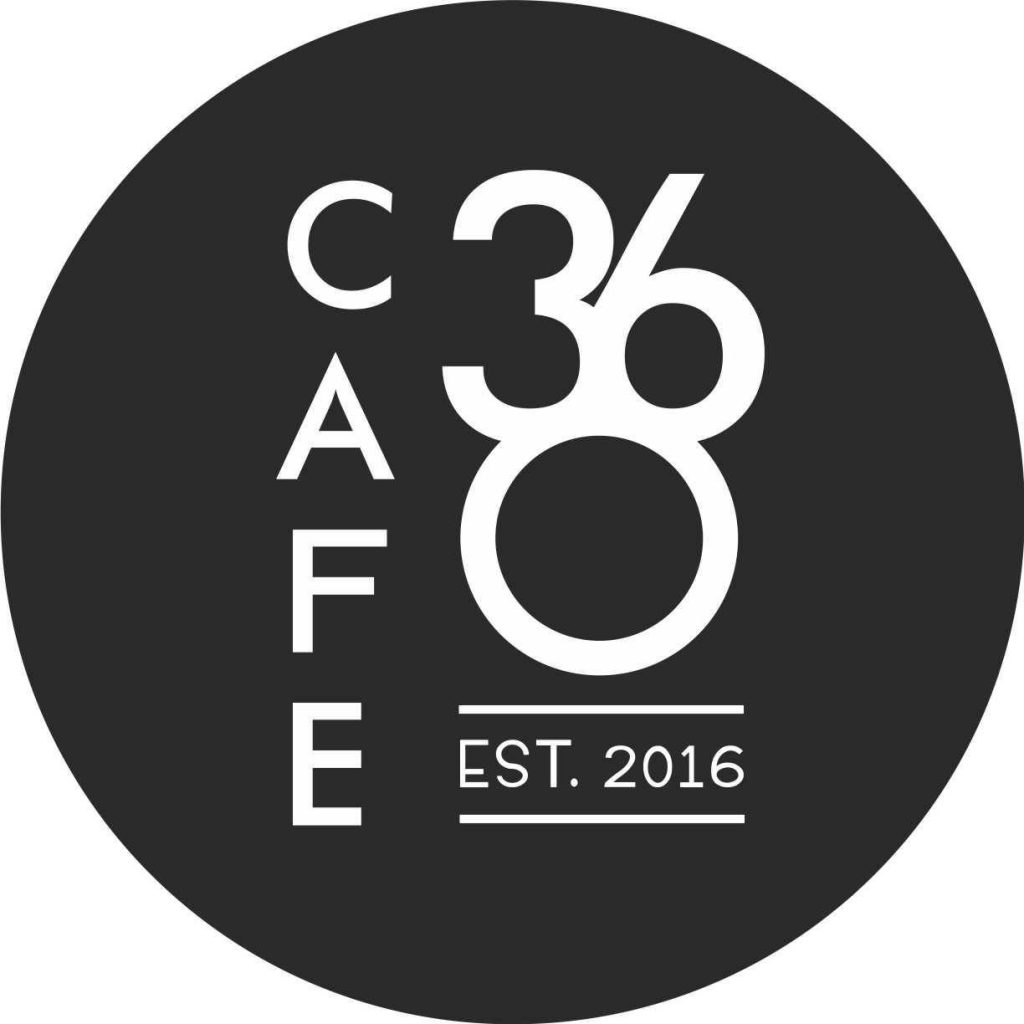
By Lindani Maseko and Phiwa Skhondze
Q: Hi Sindi, can you tell us about yourself and your professional background?
A: My journey began right after high school. I pursued a Bachelor of Science in Home Economics at the University of Eswatini, Luyengo campus. I wasn’t entirely sure where this path would lead, but I knew I had a deep love for food.
While I was still studying, I got the opportunity to intern at Bromor Foods, a company that was later acquired by Mondelez International. That internship became my first exposure to a professional work environment. Fortunately, after I completed my degree, they offered me a full-time position.
I worked at Bromor for about three years. During that time, one of my professors encouraged me to apply for a scholarship to study in the United States. By the time he informed, me, it was too close to the deadline, but the following year he reminded me again. That second opportunity changed the trajectory of my career. I applied and got the scholarship to study in the U.S., where I pursued my Master’s Degree in Food Science.
Though the university might have hoped I would stay and become a lecturer, probably because I was a dedicated student, that wasn’t my path. I was always clear that I wanted to be in business, particularly in the food industry. Even at the age of 14, I had a dream of owning a cookie factory. I baked constantly. I used to sell cookies to classmates and friends, and that sparked a deep entrepreneurial fire in me.
When I returned to Eswatini after my studies, I started working at Royal Swazi Sugar Corporation (now Royal Eswatini Sugar Corporation – RES) in their Distillery. I spent around three years there before moving to Rhodes Food Group as a Quality Assurance Manager. After that, I returned to RES, this time in sugar production, where I spent another seven years working across various departments, including ethanol production and sugar processing.
While all of this was happening, I was also pursuing my MBA. I knew that to start my own business eventually, I needed not just technical knowledge but also strategic and managerial skills. Every job I took, every step I made, was intentionally building toward that dream I had as a 14-year-old, to create something of my own.
Q: You then successfully left the corporate world. What triggered that final bold decision, and what was the turning point for you?
A: That decision didn’t come overnight. I had been carrying this vision since I was a teenager. I had gone through university, gained work experience, done postgraduate studies, and climbed the corporate ladder. But in all of that, there was this constant question in my mind: “Is this it?”
I was working in a factory; I was producing food, but not cookies. Although I enjoyed parts of my corporate career, I felt this internal weight, a burden that I wasn’t doing what I was truly called to do. One thought that haunted me was this: What if one day I get to heaven and God says, ‘Sindi, I had so much more for you to do, but all you wanted was a salary?’ That question alone made me realise I was settling for comfort over purpose. That was the turning point.
Q: Your company, 360 Holdings, has expanded into the food and beverage industry with successful ventures like Café 360 and a Mugg & Bean franchise. What led you to focus on this sector, and why did you choose Mugg & Bean over other franchise options?
A: After graduating from university, I was assigned to South Africa through my job at Bromor Foods. It was there that I discovered Mugg & Bean and quickly became a regular—I loved the menu and welcoming atmosphere so much so, that a family member once joked, “Do you have shares in Mugg & Bean?”
Growing up, I hadn’t experienced the brand, but it soon became my favourite place to work and unwind. Later, while studying in the U.S., my love for coffee culture deepened through frequent visits to coffee shops on campus, libraries, and in bookstores, with Starbucks often being part of my regular routine.
Mugg & Bean offers a welcoming space for friends to catch up, colleagues to hold meetings, and tourists to relax. This atmosphere aligns with my desire to create environments where people can gather and connect. Today, I hold directorships in two companies: 360 Holdings, which owns Cafe 360, and The Food and Beverage Company that owns the Mugg & Bean Franchise, allowing me to further contribute to this vibrant community.

Q: Most people who start eatery businesses in Eswatini normally fail in their early years, yet you have persevered and thrived. What do you think sets you apart?
A: Three things: resilience, perseverance, and grit. Grit, to me, means having an enduring desire to succeed, even when everything seems stacked against you. It’s not just about refusing to fail—it’s about being willing to fail and keep going anyway. I’ve had moments of uncertainty and setbacks, but I never lost sight of the vision. Every failure became a stepping stone. I think the difference is that I never saw failure as final. I saw it as feedback.
Q: What were some of those setbacks or obstacles that you faced when transitioning from a corporate job to entrepreneurship, and how did you overcome them?
A: One of the hardest parts was leaving the security of a guaranteed salary. That predictability brings comfort. But when I stepped into entrepreneurship, there was no backup plan. The success or failure of the business depended entirely on me.
I remember a family member asked me, “Are you sure about this? Business is not for the faint-hearted.” And honestly, I wasn’t sure—but I knew I had to try. Another challenge was confidence. In my corporate job, I had authority. But when I opened Café 360, it was just a concept in my head. I opened the shop, sat in an empty café, and waited. Eventually, one person became three, and soon we had a loyal customer base.
Q: Having held managerial roles in several organizations before starting your own businesses, how did those experiences shape your leadership style today?
A: My corporate experience taught me concepts like systems thinking, strategic planning, and how to lead people from diverse backgrounds. Early in my career, I found myself supervising factory workers who had been on the job longer than I had been alive. That taught me humility and respect. I also learned that leadership isn’t one-size-fits-all. There’s a time to be authoritative and a time to be collaborative. Sometimes you lead from the front, sometimes from behind. Good leaders know when to do what. Today, I run businesses where I apply those lessons daily. I know how to implement processes, assess risk, delegate effectively, and build teams that work.
Q: Many aspiring entrepreneurs struggle with self-doubt. Was there a moment when you doubted yourself or your decision to go into business, and how did you push through it?
A: Absolutely. I had moments where I questioned everything, especially in the early days. But I had the support of my siblings, particularly my sisters. That made a world of difference. Even if I failed, I knew my family would still be there for me. My parents also gave us the freedom to explore our dreams. They didn’t always fully understand the risks we took, but they never stood in our way. That quiet support gave me courage.
Q: Having been an achiever in the business sector, is there someone you look up to?
A: I’ve had a few mentors—most of them men—especially during my time in the sugar industry, which was very male-dominated. They taught me how to lead in tough environments. Locally, I deeply admire Fikile Nkosi, the Managing Director of Nedbank Eswatini. She broke barriers as the first woman to lead such a major financial institution, and she’s done it with grace and consistency. I look at her and think, that’s what longevity and excellence look like.
Q: Your business model is interesting, as you manage both a franchise and a non-franchise. Can you explain this combination and why you chose this approach?
A: Managing both gives me the best of both worlds. With Mugg & Bean, the brand speaks for itself. People already know what to expect. There’s trust and prestige built in, which helps with foot traffic and recognition. It’s like joining a winning team. But Café 360 is my baby. It’s my creative outlet. It’s where I get to experiment, connect with local suppliers, create jobs, and build something uniquely Swati. The two balance each other out. And honestly, I don’t think I could choose just one. Both feed and express different parts of me.
Q: What was a business risk that you took, in hindsight, that was completely worth it, even if it seemed crazy at the time?
A: Opening the very first Café 360. I had just left my job, and I still didn’t have a location. The only available space was at the old post office in Mbabane—tucked away at the back of town, rundown, and not at all what I had envisioned as my dream café. But I took a personal loan and bought the business anyway. It was risky. It didn’t match my dream visually, but it was a start. And today, I’m so glad I took that leap.

Q: What are some misconceptions about entrepreneurship in Eswatini that you’d like to address?
A: One big one is the idea of instant success. Many people think you register a business, open your doors, and boom—money starts flowing. That’s not reality. It takes time. Entrepreneurship is as much about personal growth as it is about business. You need to build character, develop relationships, and learn patience. My philosophy is: relationships first, transactions follow. That mindset has helped me build lasting partnerships.
Q: Sindi, you run a hectic schedule but also have time for the 360 Talks series. What inspired you to start this project in 2024?
A: When I started my business in 2016, I came from a family with no entrepreneurial background. I was used to hitting targets, not navigating compliance or the broader business landscape. I remember someone from ENPF walking into the café and asking if we were registered—I had no idea what that meant. That moment showed me how unprepared many of us are when starting. I later a chat about it with a lady, Duduzile Dlamini, who was running workshops with SEDCO. I’d met her through the Ministry of Trade, Commerce & Industry, and from that, 360 Talks was born. We launched it in December 2024 to inform, inspire, and empower aspiring entrepreneurs.
Q: If you could give one piece of advice to someone starting their own business, what would it be?
A: I would tell them: Do your homework. Registering a business is just the first step. Learn about ERS, ENPF, annual returns, and tax obligations. Don’t let paperwork become the thing that trips you up. Be thorough, be patient, and build something that lasts.
Q: What’s one thing that most people don’t know about you, but you think is essential to understand your entrepreneurial mindset?
A: I maintain a sense of calm even amid chaos. My sister captures this perfectly when she says that even when everything seems to be going wrong or nothing is falling into place, I remain composed. I like to think of it as the analogy of a duck gliding smoothly across the water’s surface. While it appears serene and unbothered, underneath, its feet are busily paddling away. This confidence is not just from myself really, it’s the knowing that God’s got this, all of it, my faith in Him grounds me!
Q: If you could have a conversation with any entrepreneur, past or present, who would it be, and what would you ask?
A: It would definitely be the Starbucks owner. One of my primary influences when starting my own business has been the Starbucks model, which I studied extensively during my business courses. I found it fascinating how they would open new locations without concern for whether each new store would outperform the previous one. For example, they would establish one store in one corner of a mall and another in the opposite corner.
If I had the chance to interview someone involved in that rapid expansion, I would likely ask them about their decision-making process for opening multiple stores in a single year and how they evaluated the risks associated with that strategy.
Q: When you’re not immersed in the world of business, what activities bring you the most joy and relaxation?
A: Family time is everything to me. I’m the eldest of four siblings—two sisters and a brother—and I adore my nephews and niece. Spending time with them grounds me. It reminds me why I work so hard. That’s where my joy lives.
